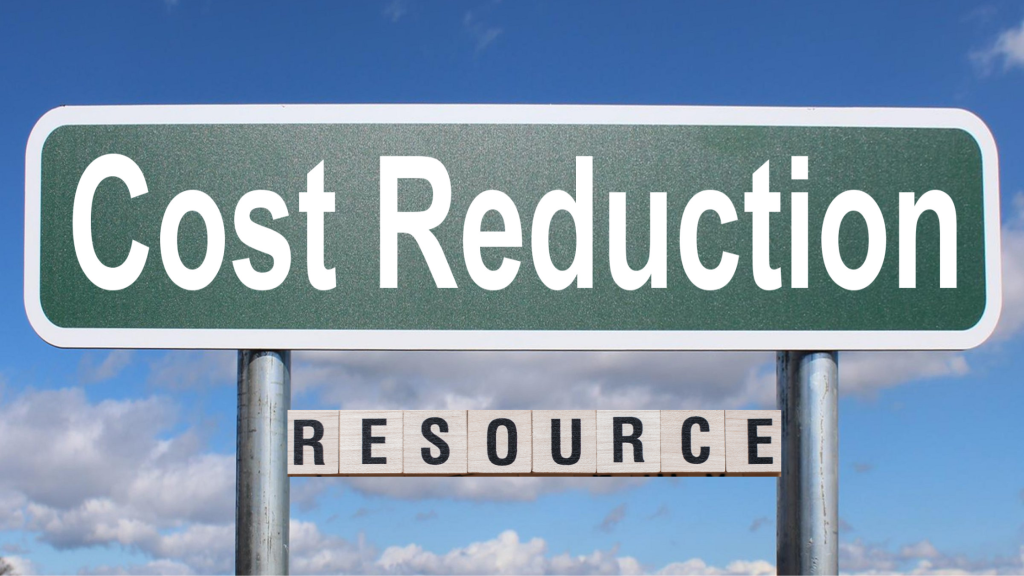This article provides comprehensive strategies, essential tools, and best practices for effective project resource management.
It will help you optimise your team’s productivity and project success.
Efficient project resource management is critical for any project’s success.
It involves planning, allocating, and managing resources—including people, tools, and materials—throughout the project lifecycle.
Proper project resource management ensures that projects are completed on time, within scope, and on budget.
What is Project Resource Management?
Project resource management refers to identifying, allocating, and managing the resources needed to complete a project successfully.
Resources can include anything from human resources (team members) to physical resources (equipment and materials) and financial resources (budget).
The goal is to use these resources as efficiently as possible to meet project goals.
The Importance of Effective Resource Management
Effective resource management is vital for several reasons:
- Maximising Efficiency: Properly allocated resources lead to higher productivity and fewer bottlenecks.
- Cost Control: Avoid over-allocating or under-utilising resources, leading to unnecessary expenses.
- Meeting Deadlines: Well-managed resources ensure that tasks are completed on time.
- Improving Team Morale: When resources are allocated fairly and efficiently, it reduces stress and enhances job satisfaction.
Key Components of Project Resource Management

Resource Planning
Resource planning involves determining what resources are required for the project and when they will be needed. This stage includes creating a detailed resource management plan, which outlines the types of resources, quantities, and timelines.
- Identify Resources: List all the resources needed for the project, including human resources, materials, equipment, and budget.
- Resource Breakdown Structure (RBS): Create a hierarchical breakdown of resources, similar to a Work Breakdown Structure (WBS) for tasks.
- Allocate Resources: Match resources to tasks based on availability and skill set.
Resource Allocation
Resource allocation is allocating available resources to specific tasks or activities.
This step requires balancing resource availability with project demands.
- Prioritise Tasks: Determine which tasks are most critical and allocate resources accordingly.
- Avoid Overallocation: Ensure that no single resource is stretched too thin, which can lead to burnout and inefficiency.
- Use Resource Levelling: Adjust the project schedule to address resource overallocation issues.
Resource Scheduling
Resource scheduling involves planning the timing and use of resources throughout the project.
This is crucial for avoiding conflicts and ensuring that resources are available when needed.
- Gantt Charts: Use Gantt charts to visualise the project schedule and resource allocation over time.
- Resource Calendars: Maintain a calendar that tracks resource availability, including vacations and other time off.
- Critical Path Method (CPM): Identify the sequence of essential tasks that determine the project’s timeline and ensure resources are allocated to these tasks.
Best Practices for Project Resource Management
Utilise Project Management Software
Project management software is indispensable for resource management.
Tools like Microsoft Project, Asana, and Trello help plan, schedule, and monitor resources.
They provide real-time updates, making tracking resource usage easier and adjusting allocations as needed.
Conduct Regular Resource Audits
Regularly reviewing resource usage helps identify areas where resources are underutilised or overutilised.
Conducting audits ensures that resources are being used efficiently and that any necessary adjustments can be made promptly.
Implement a Resource Management Plan
A resource management plan should be part of your overall project management plan.
This document outlines how resources will be allocated, monitored, and adjusted throughout the project lifecycle.
- Resource Allocation Matrix: This tool visualises resource allocation and identifies gaps or overlaps.
- Resource Risk Management: Identify potential resource-related risks, such as shortages or skill gaps, and plan mitigation strategies.
Foster Communication and Collaboration
Clear communication is crucial for effective resource management. Ensure team members understand their roles and responsibilities and encourage collaboration to maximise resource utilisation.
- Regular Meetings: Hold regular check-ins to discuss resource needs and address any issues promptly.
- Collaboration Tools: Use tools like Slack or Microsoft Teams to facilitate communication and collaboration among team members.
Monitor and Adjust Resources
Resource needs can change throughout a project.
Monitor resource usage regularly and be prepared to make adjustments as necessary.
This may involve reallocating resources, hiring personnel, or extending project deadlines.
Tools for Effective Resource Management
Several tools can help manage resources more effectively:
- Microsoft Project: Offers comprehensive resource management features, including resource levelling and scheduling.
- Asana: provides task and resource management capabilities, making assigning and tracking resources easy.
- Trello: is a more flexible tool that allows teams to create custom boards for resource tracking.
- Smartsheet: Combines project management and resource management with powerful reporting features.
Challenges
Resource management is not without its challenges. Common issues include:
- Resource Conflicts: Conflicts can arise when multiple projects compete for the same resources.
- Overallocation: Overloading resources can lead to burnout and decreased productivity.
- Underutilisation: Not using resources efficiently can lead to wasted time and money.
- Changing Resource Needs: Resource requirements can change as projects evolve, necessitating frequent adjustments.
Conclusion
Mastering project resource management is essential for the successful completion of any project.
By carefully planning, allocating, and monitoring resources, project managers can ensure their projects stay on track and within budget.
Utilise the strategies, tools, and best practices discussed in this article to improve your resource management skills and achieve better project outcomes.



